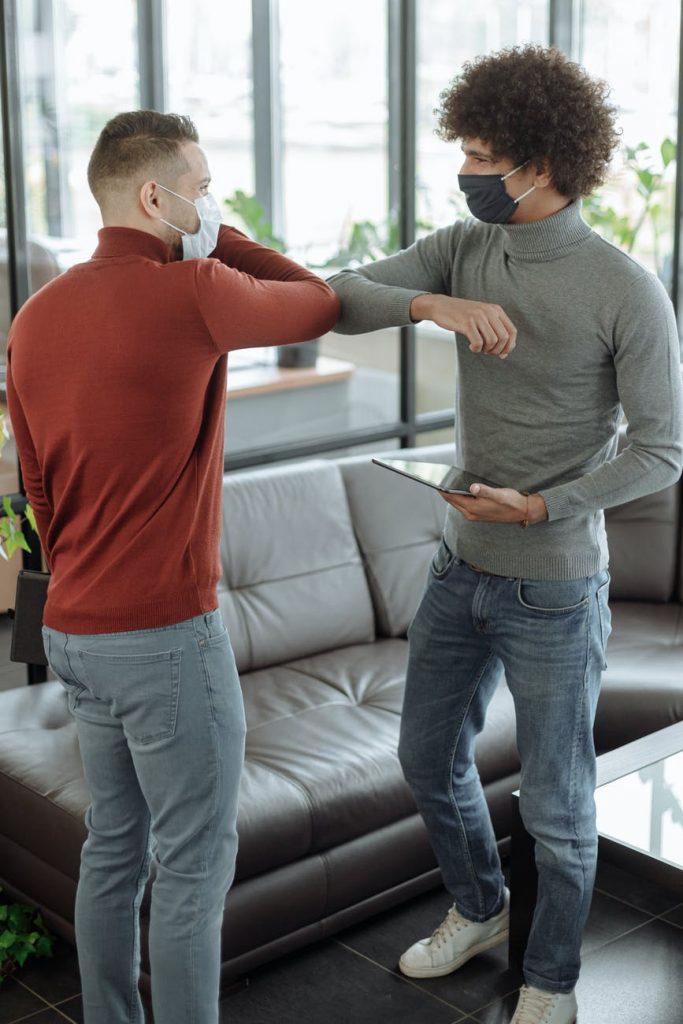Keep distance and why – VENTILATION AND AIR CONDITIONING DURING THE CORONAVIRUS (COVID-19) PANDEMIC

You should keep distance and maximising the fresh air in a space,and this can be done by:
- using natural ventilation relying on passive air flow through windows, doors and air vents that can be fully/partially opened
- mechanical ventilation such as fans and ducts to bring in fresh air from outside, or a combination of natural and mechanical ventilation.
Why ventilation is important?
- Adequate ventilation reduces the virus in the air. It helps to reduce the risk from aerosol transmission, when someone breathes in small particles (aerosols) in the air after a person with the virus has been in the same enclosed indoor environment.
- The risk is greater in areas that are poorly ventilated.
Ventilation reduces the aerosol risk but has minimal impact on:
- droplet transmission (where people are within 2 metres of each other),
- contact transmission (touching surfaces).
You can reduce the risk of aerosol transmission by:
- making sure infected workers (or any visitors with coronavirus symptoms) do not come into the workplace
- providing adequate ventilation with fresh air
- limiting the number of people in a closed environment area/s
- thinking about activities that increase deeper breathing (i.e. including singing, physical exertion, shouting etc.)
- workers spending less time in occupied areas.
See other good practices relating to Covid-19 safety measures Here.
- New short film released by the government shows how coronavirus lingers in enclosed spaces, and how to keep your home ventilated.
- Research shows that being in a room with fresh air can reduce the risk of infection from particles by over 70%
- The film is part of the ‘Hands. Face. Space’ campaign which urges public to adopt simple health behaviours to help reduce the risk of the virus spreading
